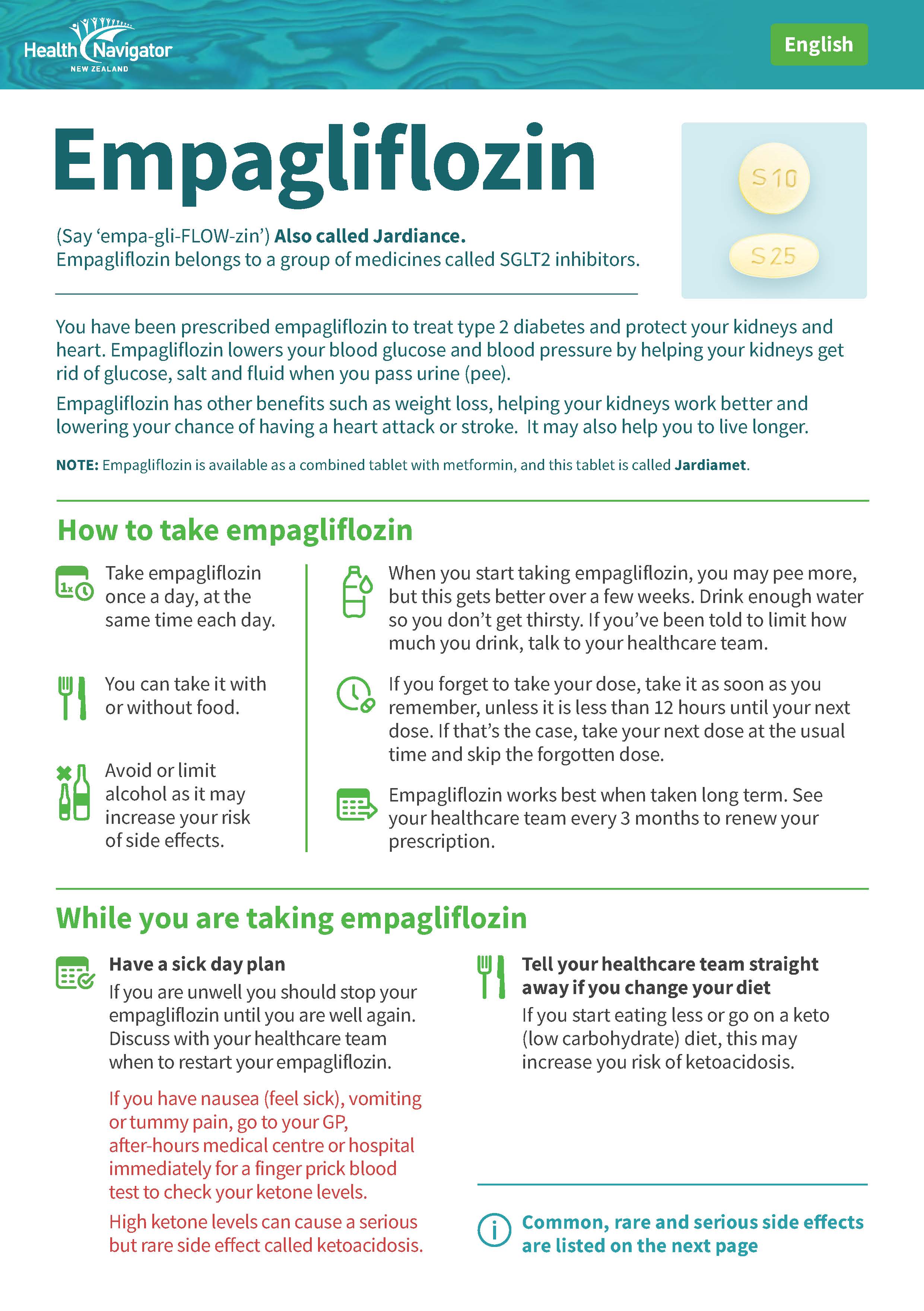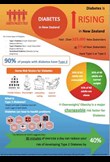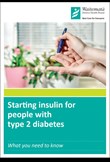When you have type 2 diabetes (mate huka), your body does not make enough insulin or does not use it well enough. This leads to raised blood glucose (sugar) levels. Having constantly raised blood glucose levels damages your blood vessels and nerves, leading to problems affecting your kidneys, feet and eyes. Your risk of stroke and heart attacks also increases.
When used with a healthy diet and exercise, diabetes medicine can effectively lower your blood glucose levels.
Diabetes medicines are used to lower blood glucose levels when lifestyle changes such as diet and exercise have not been successful. Sometimes medicines are prescribed at first diagnosis if blood glucose levels are very high. You need to keep eating a healthy balanced diet, managing your weight and exercising regularly even when you are taking diabetes medicines.









